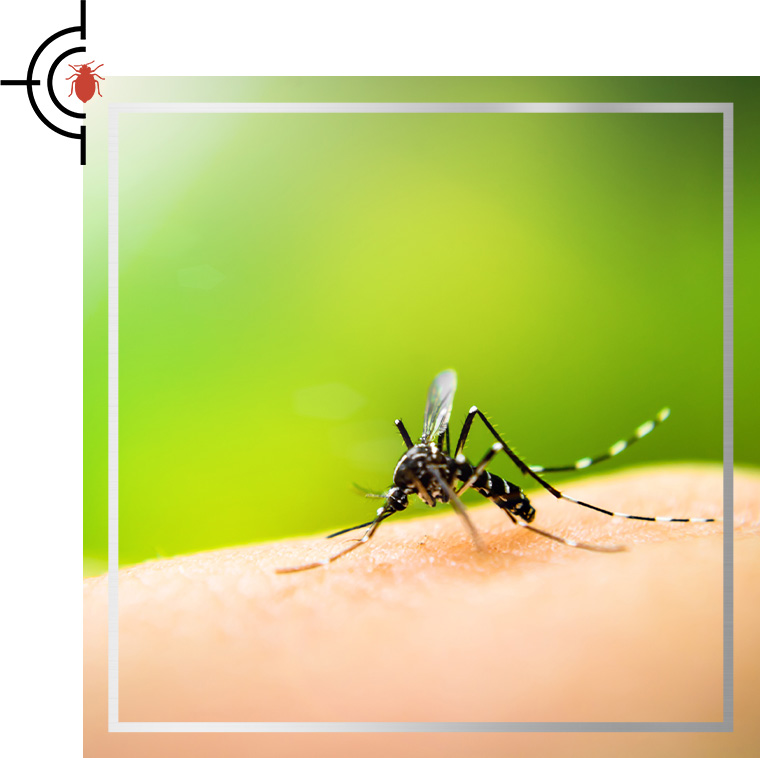
Learn More About Mosquitoes
Learn about the biology of mosquitoes in New England and how they thrive in our environment. Understanding their life cycle is key to effective control.
Mosquito Control Solutions
Our expert team is dedicated to providing effective mosquito control solutions to keep your home and family safe. Trust Pest Assassins for a pest-free environment.
MOSQUITO CONTROL INFORMATION

Frequently Asked Questions
Still have questions or can't find the answer you need? Give us a call at 877-665-2667 today!
-
What are the common mosquito species in New England?New England is home to several mosquito species, including the Eastern Saltmarsh mosquito and the Asian Tiger mosquito. Understanding these species can help in effective control and prevention strategies.
-
Do you spray the grass?
Not usually during a normal service. Mosquitoes do not normally seek shelter in the grass. Our goal during the inspection of the property is to identify the “hot spots” where mosquitoes might be most active. The most common areas to find mosquitoes during the day include: the underside of plant and tree leaves , under decks and in damp shady areas around the property. We do recommend that you keep your grass short during the mosquito season.
-
How can I prevent mosquitoes from breeding on my property?To prevent mosquito breeding, eliminate standing water around your property, keep gutters clean, and ensure that bird baths and pet water dishes are refreshed regularly.
-
What chemicals are being used in my yard and are they safe?
Our product of choice is Talstar which is a residual pyrethroid insecticide. It kills on contact and provides a residue which will continue to kill mosquitoes for weeks. The active ingredient Bifenthrin is family and pet friendly and is odorless, leaves no staining and retains its effectiveness after rainfall.
Family and pets should not be outside during the application of the spray treatment, but once dry you can touch the grass, walk around barefoot and enjoy your yard.
-
What mosquito control methods do you recommend?We recommend a combination of methods including larvicides, adulticides, and habitat modification to effectively control mosquito populations. Our team can assess your property and recommend the best approach.
